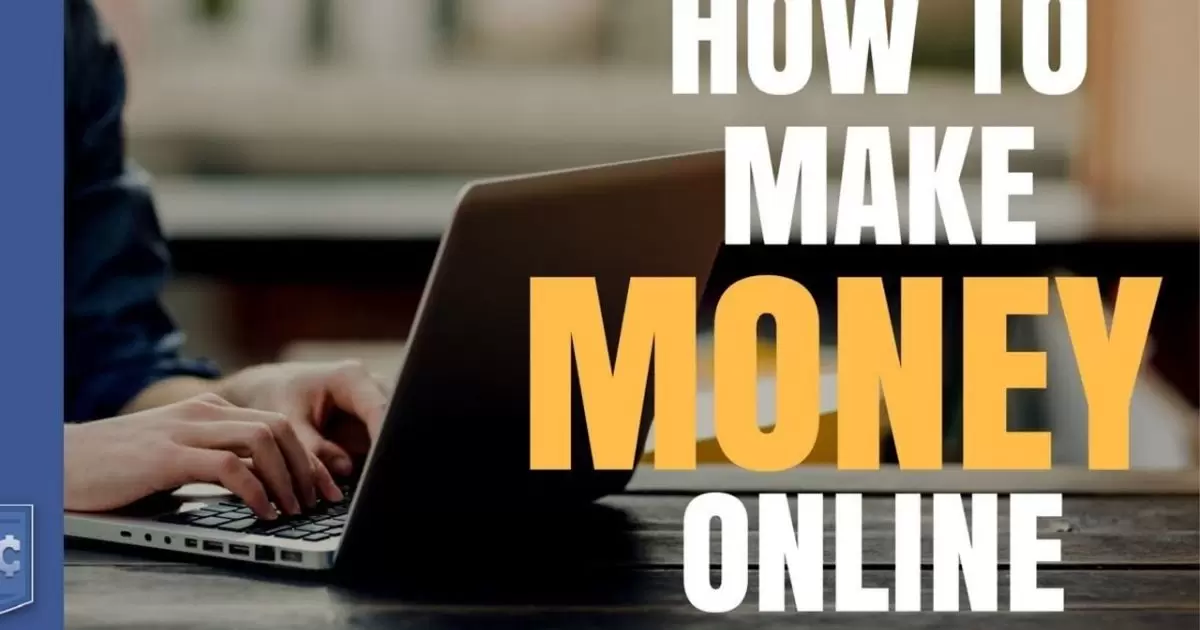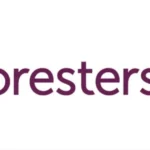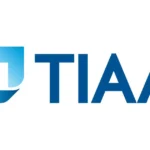Introduction
“Looking to own a business but short on capital? Discover the secrets to acquiring a business without any initial investment in our guide.”
Buying a business with no money means acquiring a company without using your own funds. It involves using creative financing strategies like seller financing, leveraged buyouts, or partnerships. This approach can make business ownership possible even without upfront capital. It requires a clear plan and negotiation skills.
Ready to explore your options for buying a business with no money? Contact experts or research financing methods today to start your journey. Your dream business might be closer than you think!
To buy a business with no money, consider alternative financing methods such as vendor financing, where the seller agrees to finance part of the purchase. Another option is a leveraged buyout, using the business’s assets as collateral for the loan. Building strong relationships and demonstrating your commitment can also make sellers more willing to negotiate.
Understanding Business Credit

Business credit is a crucial element in purchasing a business without upfront capital. It refers to the creditworthiness of a business entity, separate from the personal credit of its owners. Building and maintaining strong business credit can open doors to financing options and improve your negotiating position.
It involves establishing a credit history for your business, which can be achieved by opening business accounts, taking out loans, and paying off debts on time. Understanding how to leverage this credit effectively will help you in acquiring funding and negotiating terms with sellers.
Establishing a Business Entity
Before you can buy a business, you need to establish a business entity. This is a legal structure that separates your personal assets from those of the business. Common types include sole proprietorships, partnerships, limited liability companies (LLCs), and corporations.
Each has its own advantages and disadvantages, so choosing the right one depends on your specific needs and goals. Establishing a business entity not only provides legal protection but also helps in building a strong credit history for your business.
Obtaining an Employer Identification Number (EIN)
An Employer Identification Number (EIN) is essential for any business operation. Issued by the Internal Revenue Service (IRS), the EIN is used to identify your business for tax purposes. It is required for opening a business bank account, applying for business loans, and filing tax returns.
Obtaining an EIN is a straightforward process that involves completing an application form on the IRS website. Having an EIN is a crucial step in the process of buying a business, as it helps in establishing your business’s financial identity.
Opening a Business Bank Account
Once you have your business entity and EIN, the next step is to open a business bank account. This account will be used to handle all business transactions, including receiving funds and paying expenses.
It is essential to keep your business finances separate from personal ones to maintain accurate financial records and build a strong business credit profile. Choosing the right bank and account type that suits your business needs will facilitate smoother financial operations and provide a clear financial picture to potential lenders and sellers.
Building a Positive Credit History
Building a positive credit history for your business is crucial for acquiring financing and negotiating favorable terms when buying a business. This involves paying bills on time, managing debts responsibly, and maintaining a good relationship with creditors. Regularly monitoring your credit report and addressing any discrepancies or issues promptly will help maintain a positive credit profile.
A strong credit history not only improves your chances of obtaining financing but also enhances your credibility in the eyes of potential sellers.
Applying for a Business Credit Card
A business credit card can be a valuable tool in managing and building your business credit. It allows you to make purchases, manage cash flow, and earn rewards or cash back on expenses. Using a business credit card responsibly—by making timely payments and keeping balances low—can help improve your credit score and build a positive credit history.
Additionally, many credit cards offer benefits such as purchase protection, extended warranties, and travel perks, which can be advantageous for business operations.
How To Build Business Credit Fast
Getting a Business Loan
Securing a business loan is a common method for financing the purchase of a business. Loans can be obtained from traditional lenders like banks or alternative sources such as online lenders and credit unions.
When applying for a loan, you’ll need to present a solid business plan, demonstrate your ability to repay the loan, and provide financial statements. The terms of the loan, including interest rates and repayment schedules, will vary based on your creditworthiness and the lender’s requirements.
Monitoring Your Business Credit Report
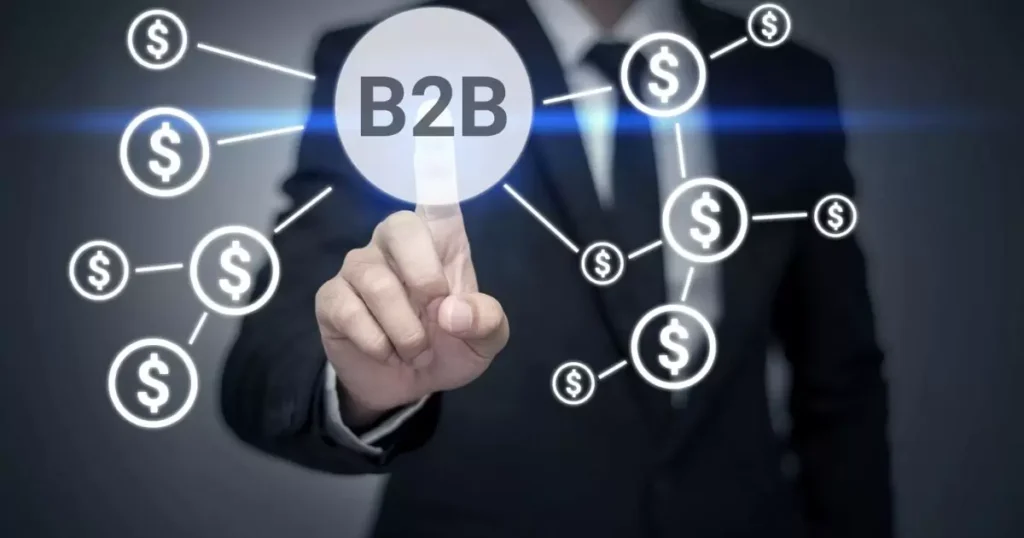
Regularly monitoring your business credit report is essential for maintaining a healthy credit profile. This involves reviewing your credit report for accuracy, checking for any negative entries, and understanding the factors affecting your credit score.
Most credit bureaus offer tools and services to help you track your credit status and receive alerts about significant changes. Keeping an eye on your credit report ensures that you are aware of your credit standing and can take corrective actions if needed.
Maintaining Good Credit Practices
Maintaining good credit practices is vital for long-term success in managing and buying a business. This includes paying your bills on time, avoiding excessive debt, and keeping your credit utilization low.
Establishing and adhering to a budget, managing cash flow effectively, and maintaining a good relationship with creditors are all part of responsible credit management. Good credit practices not only improve your credit score but also enhance your business’s overall financial health.
Leveraging Vendor Credit
Vendor credit is a form of trade credit provided by suppliers or vendors. It allows you to purchase goods or services on credit and pay for them later. Leveraging vendor credit can help manage cash flow and build your business credit.
Establishing strong relationships with vendors and negotiating favorable credit terms can provide you with the flexibility needed to acquire a business without significant upfront capital. Ensuring timely payments and maintaining a good credit relationship with vendors is crucial for utilizing this option effectively.
Building a Strong Credit Profile
Building a strong credit profile involves several key steps, including establishing a business entity, obtaining an EIN, and maintaining a positive credit history. It also includes managing credit accounts responsibly, monitoring your credit report, and leveraging credit-building tools such as business credit cards and loans
A strong credit profile enhances your ability to secure financing and negotiate favorable terms when buying a business. It reflects your business’s financial stability and reliability, making it easier to gain the trust of lenders and sellers.
Utilizing Trade Credit
Trade credit is another financing option that involves obtaining goods or services on credit from suppliers. Unlike traditional loans, trade credit often comes with more flexible terms and can be easier to obtain.
By utilizing trade credit, you can manage cash flow and build relationships with suppliers. This method of financing can be particularly useful in acquiring a business, as it allows you to conserve capital and make strategic investments without immediate financial strain.
Improving Your Credit Score Quickly
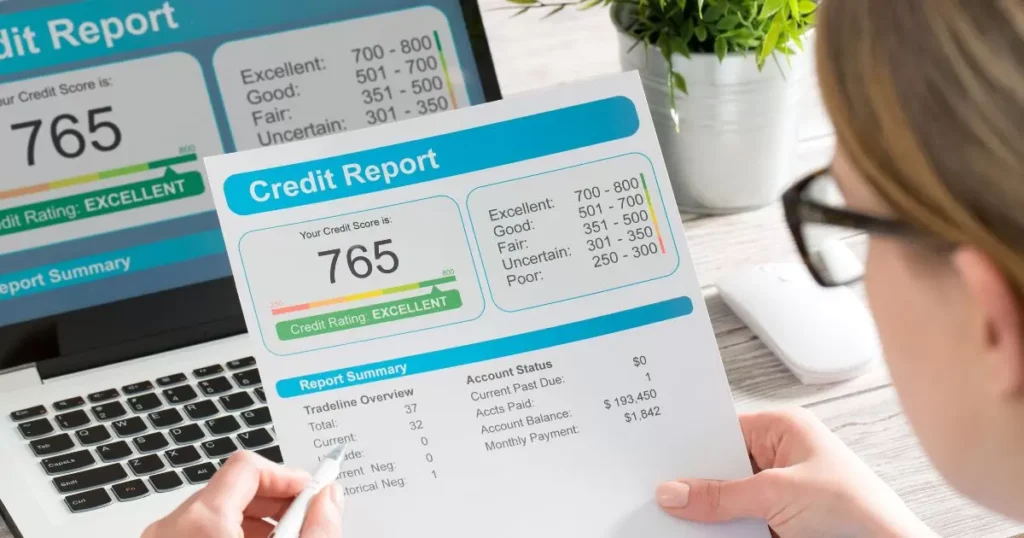
Improving your credit score quickly is essential for securing financing and negotiating favorable terms when buying a business. Strategies to boost your credit score include paying down existing debts, reducing your credit utilization ratio, and addressing any errors on your credit report.
Additionally, making timely payments and avoiding new hard inquiries can positively impact your credit score. Implementing these strategies will help you present a stronger financial profile to lenders and increase your chances of acquiring a business without substantial upfront capital.
Importance of A Business With No Money
The importance of buying a business with no money lies in its ability to lower financial risk and increase accessibility for aspiring entrepreneurs. By utilizing creative financing methods and leveraging business credit, you can acquire a business without depleting your personal savings or taking on significant debt.
This approach allows you to enter the world of business ownership with minimal financial strain and provides opportunities for growth and success. Understanding and implementing these strategies can make the dream of business ownership a reality, even with limited initial capital.
Additional Tips
Here are some additional tips for buying a business with no money:
- Research thoroughly: Understand the business you wish to acquire, including its financial health, market position, and potential for growth.
- Network strategically: Build relationships with potential investors, lenders, and mentors who can offer guidance and support.
- Negotiate creatively: Explore alternative deal structures such as earn-outs or equity sharing to minimize upfront costs.
- Seek professional advice: Consult with financial advisors, accountants, and legal experts to navigate the complexities of buying a business.
Pro and Cons
| Pros | Cons |
| Lower initial investment: Reduces personal financial risk and allows you to preserve capital. | Complex negotiations: Requires careful negotiation and deal structuring to secure favorable terms. |
| Creative financing options: Provides flexibility and multiple pathways to business ownership. | Risk of debt: May involve taking on debt or leveraging business credit, which requires responsible management. |
| Potential for growth: Can lead to opportunities for personal and financial growth with careful planning. | Potential challenges: Can be challenging to find suitable financing options and may involve lengthy processes. |
Answers to Key Questions
1. Can I really buy a business with no money?
Yes, it’s possible to buy a business with no money using various creative financing strategies. These include seller financing, where the seller agrees to receive payments over time, vendor credit, which allows you to purchase goods or services on credit, and leveraged buyouts, where you use the business’s assets as collateral for a loan. By leveraging these methods, you can acquire a business without a substantial upfront investment.
2. What is seller financing, and how does it work?
Seller financing is a financing arrangement where the seller of the business provides a loan to the buyer to cover part of the purchase price. Instead of paying the full amount upfront, you agree to make regular payments to the seller over time.
This arrangement often involves an interest rate and a payment schedule. Seller financing can be beneficial if you have a solid business plan and the seller is willing to invest in your potential.
3. How can I build business credit if I’m just starting out?
To build business credit, start by establishing a legal business entity, such as an LLC or corporation. Obtain an Employer Identification Number (EIN) from the IRS and open a business bank account. Begin by applying for a business credit card and making timely payments.
Also, maintain good relationships with vendors and suppliers who offer trade credit. Regularly monitor your credit report and ensure all information is accurate to build a strong credit profile.
4. What are the risks of using business credit to buy a business?
Using business credit to buy a business involves certain risks, including the potential for debt accumulation and the obligation to manage repayments responsibly. If the business does not perform as expected, you might struggle to meet your financial commitments, which can negatively impact your credit score and financial stability.
It is essential to evaluate the business’s financial health and ensure you have a solid plan for managing credit and repaying loans.
5. What is a leveraged buyout, and how does it help in purchasing a business with no money?
A leveraged buyout (LBO) is a financial transaction where you use the target business’s assets as collateral to secure a loan for purchasing the business. The loan is typically repaid using the business’s future cash flow.
This method allows you to acquire a business with minimal upfront capital, but it involves significant risk. Ensure the business has strong cash flow and assets to support loan repayments and avoid over-leveraging.
6. How do I find businesses that are open to creative financing options?
Finding businesses open to creative financing options often involves networking and direct outreach. Business brokers, industry contacts, and online business-for-sale platforms can help identify potential sellers who might be flexible with financing terms.
Additionally, presenting a well-prepared business plan and demonstrating your ability to manage and grow the business can make sellers more receptive to alternative financing arrangements.
Conclusion
Purchasing a business with no money is not just a dream but an achievable reality with the right knowledge and approach. By focusing on building a strong credit profile, exploring alternative financing options, and leveraging creative strategies like vendor credit and trade credit, you can pave the way to becoming a successful business owner.
The journey requires careful planning, diligent credit management, and a willingness to explore unconventional methods of financing. Embracing these principles will not only enhance your chances of acquiring a business but also set you on the path to long-term success
As you embark on this endeavor, remember that with determination and the right strategies, financial constraints are not insurmountable barriers but opportunities for creative problem-solving.

Hi, I’m Amaliyah-Richard! I’m a dedicated author at Skyvoxes. I hold a Bachelor’s degree in Business, and I love writing about all things business. My aim is to make complex business topics easy to understand and accessible for everyone. Whether you’re a seasoned professional or just starting out, I hope my articles provide you with valuable insights and practical advice.
